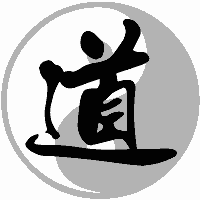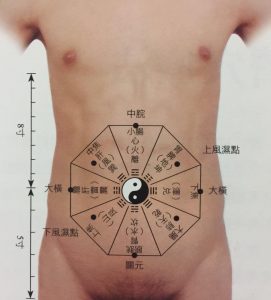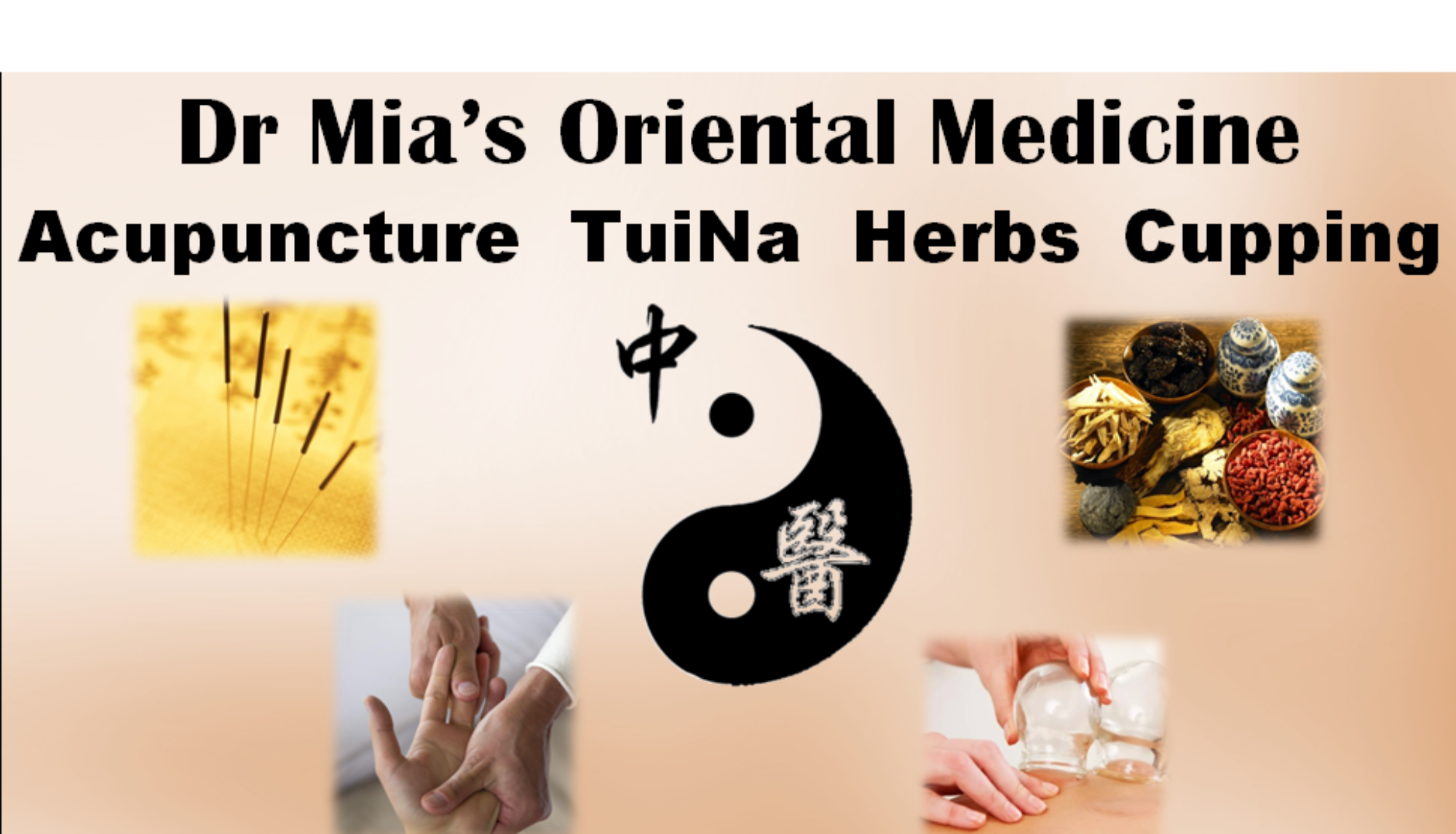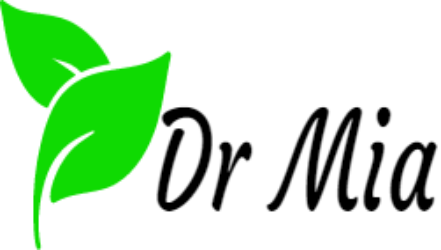Introduction
Welcome to our specialized lectures on Oriental Medicine and Traditional Chinese Medicine (TCM) Theory! Whether you’re an individual seeking personalized guidance or a group looking to deepen your understanding of holistic healing, we offer tailored sessions to suit your needs.
Our lectures cover the foundational principles of TCM, including Yin-Yang theory, the Five Elements, meridian systems, herbal medicine, acupuncture, and diagnostic techniques such as pulse and tongue analysis. Designed for students, practitioners, or enthusiasts, our lessons provide both theoretical knowledge and practical insights to enhance your appreciation of this ancient healing art.
Join us to explore the wisdom of Oriental Medicine in an engaging and interactive format—available for one-on-one consultations or group workshops. Discover how these time-tested practices can promote balance, wellness, and natural healing in modern life.
Begin your journey with us today!
Course
The courses on Oriental Medicine and Traditional Chinese Medicine (TCM) Theory aim to provide you with foundational knowledge of TCM principles, enabling you to:
1. Understand Key TCM Concepts – Learn about Yin-Yang balance, the Five Elements (Wu Xing), Qi (vital energy), meridians, and the functions of organs according to TCM.
2. Apply TCM to Daily Life – Adjust diet (food energetics, seasonal eating), lifestyle routines (sleep, exercise, stress management), and preventive care to enhance well-being.
3. Support Personal & Family Health – Use TCM-based self-care techniques (acupressure, herbal remedies, mindfulness) to improve your own and loved ones’ health.
4. Promote Longevity & Happiness – Integrate TCM wisdom to cultivate harmony in body, mind, and spirit for a healthier, more balanced life.
Course Structure: 9 Levels of TCM Mastery
Levels 1-3: Foundational Theories
1. Dao (Tao) & Cosmic Principles – Understanding the universe’s natural order, Qi (vital energy), and the interconnection of all life.
2. Yin-Yang Theory – Balance, harmony, and dynamic opposites in health and disease.
3. Five Elements (Wu Xing) – Wood, Fire, Earth, Metal, Water and their relationships to organs, emotions, and seasons.
Levels 4-6: Body Constitution & Diagnostics
4. TCM Body Constitutions – Identifying your unique type (e.g., Qi-deficient, Damp-Heat, Yang-deficient) and personalized care.
5. Meridian System & Qi Flow – How energy pathways influence health; basics of acupuncture/acupressure.
6. TCM Diagnostics – Pulse reading, tongue analysis, and symptom patterns (e.g., Cold vs. Heat syndromes).
Levels 7-9: Disease Prevention & Advanced Healing
7. Immunity & Preventive Care – Strengthening Wei Qi (defensive energy), seasonal adjustments, and herbal support.
8. TCM Dietetics & Herbs – Food as medicine, herbal formulas, and healing recipes for different constitutions.
9. Longevity & Spiritual Harmony – Advanced Qi cultivation (Qigong, meditation), emotional balance, and aligning with natural rhythms for a fulfilling life.
Key Benefits of the Course
✔ Personalized Health Strategies – Learn to assess and nurture your body based on TCM principles.
✔ Disease Prevention – Recognize early imbalances before they become illnesses.
✔ Natural Remedies – Use diet, herbs, acupressure, and lifestyle to heal.
✔ Holistic Happiness – Achieve longevity by aligning body, mind, and spirit with Daoist wisdom.

Course Material Sample
The practical guide blending TCM wisdom into daily life, including seasonal routines, immunity-boosting tips, food therapy, and Qi-enhancing practices.
1. Applying Dao & Yin-Yang: Balance in Daily Life
**🌞 Yang (Active) vs. 🌙 Yin (Restorative) Balance**
– Morning (Yang Time):*Wake with sunrise, exercise (Qigong/Tai Chi), eat warm breakfast.
– Evening (Yin Time): Wind down by 10 PM, meditate, avoid screens, sip chamomile/goji tea.
– Work-Life Harmony: Alternate activity (Yang) with rest (Yin)—e.g., 50 min work + 10 min stretch/breathwork.
Quick Tip: Place a warm (Yang) ginger tea on your desk; counterbalance with cooling (Yin) cucumber/mint water in summer.
2. Five Elements & Seasonal Living
Align habits with nature’s cycles to prevent disease:
Recipe Example: Winter Kidney Soup → Black beans, walnuts, goji berries, and lamb simmered for 2+ hours to nourish Jing (essence).
3. TCM Body Constitution: Know Your Type
Take a simple self-test (e.g., Do you often feel cold? Fatigued? Heat flashes?”) to identify your constitution:
– Qi Deficient: Fatigue, bloating → Eat stewed apples, rice congee, avoid raw salads.
– Yang Deficient: Cold limbs, low energy → Drink cinnamon tea, moxibustion on CV4 (Guanyuan).
– Damp-Heat: Acne, heavy feeling → Reduce dairy/spicy food; try red bean + job’s tears tea.
Quick Fix: Press Zu San Li (ST-36) daily (below kneecap, 1 finger-width outward) to boost Qi/Spleen.
4. Immunity & Preventive Care (Wei Qi)
– Daily Habit: Scrape your tongue upon waking; gargle warm salt water to clear toxins.
– Herbal Allies: Astragalus tea (for Qi deficiency), elderberry syrup (for cold prevention).
– Acupressure: Massage LI-4 (Hegu) between thumb/index finger to ward off colds.
Warning: Avoid cold drinks/foods during flu season—they weaken Spleen Qi.
5. Longevity Practices (Jing, Qi, Shen)
– Jing (Essence): Sleep before 11 PM, eat black sesame/walnuts.
– Qi (Energy): 5-min Eight Brocade Qigong daily
– Shen (Spirit): Evening gratitude journaling; avoid overstimulation.
Pro Tip: Walk barefoot on grass (Earth Qi grounding) for 10 minutes daily.
Next Steps:
– Try one seasonal recipe (e.g., autumn pear stew) this week.
– Test your body constitution
– Practice ST-36 acupressure for 1 minute daily.


